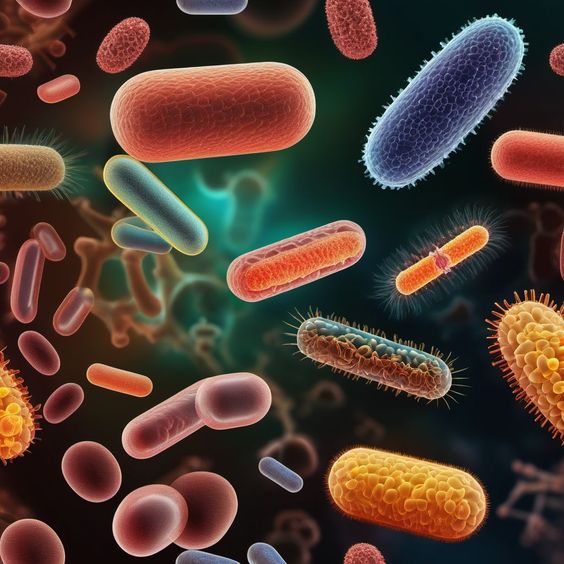Introduction
Parasites are organisms that live on or in a host organism and get their food from or at the expense of their host. They can cause a wide range of health problems, from mild discomfort to serious illness. It's important to understand the different types of parasites, the symptoms they cause, and how to prevent and treat parasitic infections.

There are many different types of parasites that can affect humans, including:
- Protozoa: Single-celled organisms that can live in the blood, intestines, or other tissues.
- Helminths: Worms that can live in the intestines, blood vessels, or other organs.
- Ectoparasites: Organisms that live on the outside of the body, such as lice and ticks.
Types of Parasites
Let's take a closer look at the three main categories of parasites:
Protozoa: These microscopic organisms can multiply within their host, often leading to serious infections. Examples include Giardia, which causes intestinal problems, and Plasmodium, responsible for malaria.
Helminths: These are worm-like parasites. Examples include roundworms (like those causing ascariasis), tapeworms (which can live in the intestines), and flukes (found in various organs).
Ectoparasites: Living on the body's surface, these parasites can cause discomfort and transmit diseases. Examples include lice, which infest the hair and scalp, and ticks, which can carry Lyme disease.
Symptoms of Parasitic Infections
The symptoms of a parasitic infection can vary depending on the type of parasite involved. However, some common symptoms include:
- Abdominal pain
- Diarrhea
- Nausea and vomiting
- Weight loss
- Fatigue
- Skin rashes
- Itching
- Anemia
Treatment and Prevention
Treatment for parasitic infections typically involves medications that kill the parasites. The specific medication will depend on the type of parasite involved.
Prevention of parasitic infections involves good hygiene practices, such as:
- Washing hands frequently with soap and water
- Cooking food thoroughly
- Drinking clean water
- Avoiding contact with contaminated soil or water
- Using insect repellent to prevent bites from ectoparasites





